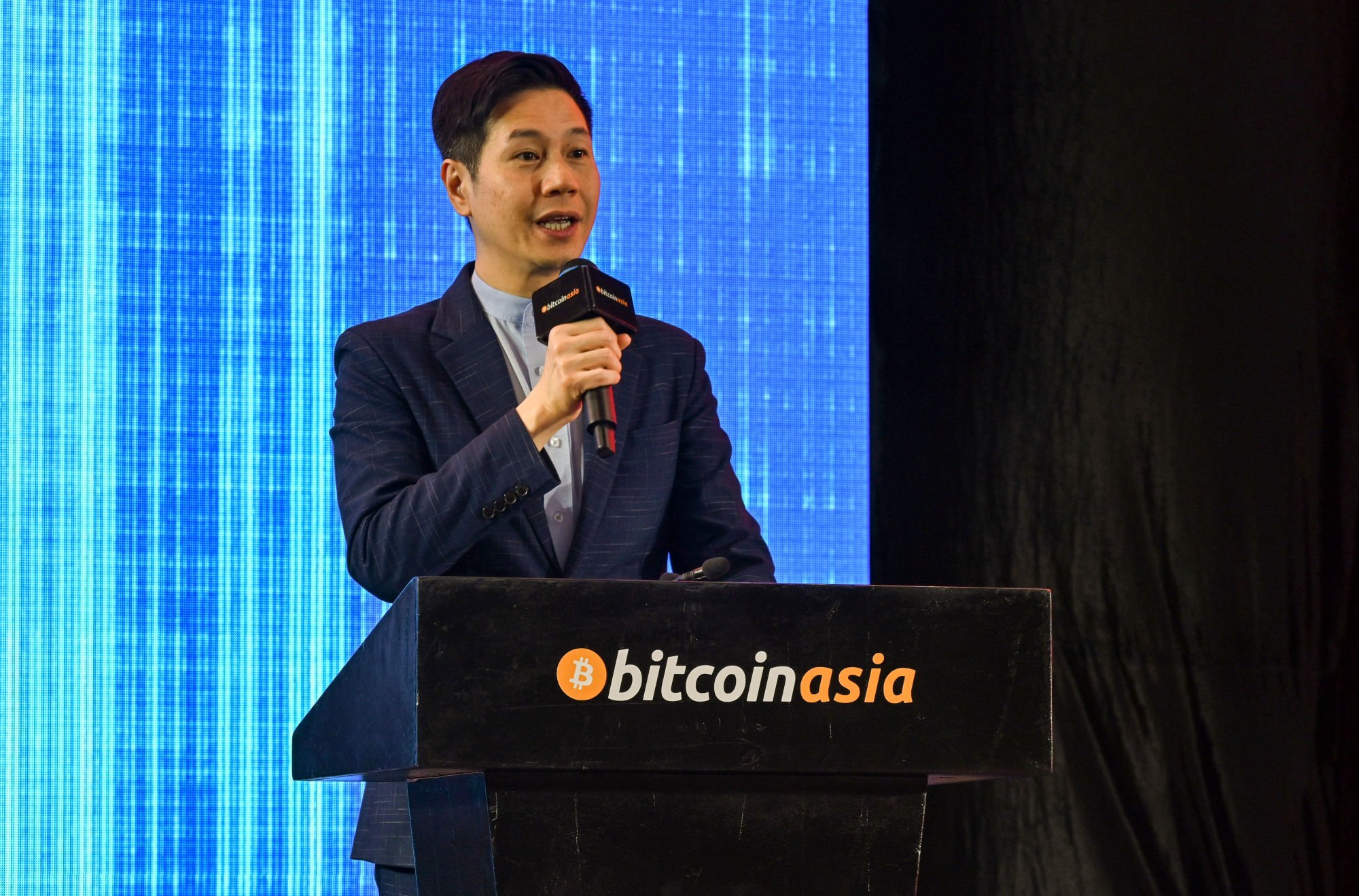A recent wave of exits announced by some of the largest global crypto exchanges – including mainland China-linked services OKX, Bybit and Gate.io – has shaken the confidence of industry participants in Hong Kong’s Web3 development, Legislative Council member Duncan Chiu recently wrote in an opinion piece, referring to many of the city’s rules introduced last year as “overly harsh”.

“It’s natural that they would withdraw their applications, as the trade-off between the size of the retail market in Hong Kong and the high regulatory costs, along with the impact on their global operations, isn’t justified,” said Alessio Quaglini, co-founder and chief executive of Hong Kong-based cryptocurrency custody provider Hex Trust.
“The current framework in Hong Kong is very restrictive, which deters global companies from establishing substantial operations here,” he added. “If the aim is to position Hong Kong as a global hub, the strategy is sound but the execution should be improved.”
At the centre of the SFC’s approach to regulating crypto is a principle it describes as “same activity, same risks, same regulation”. This puts the emphasis on investor protection, requiring virtual asset market participants to meet the same standards as traditional finance market participants, according to Jonathan Crompton, a partner at the law firm RPC in Hong Kong.
That so many major exchanges have withdrawn their licence applications demonstrates that “the SFC is not driving forward at any cost”, Crompton said.
Exchanges that are still pursuing a licence in the city see reasons to be optimistic and may have stronger ties to the city. Many were started in Hong Kong, including Crypto.com, the largest among the 11 firms that last week were “deemed to be licenced”, a prerequisite to continue operating in the city while awaiting full approval.
“We have always believed that regulatory clarity brings confidence, and enables firms like Bullish and jurisdictions like Hong Kong to progress forward and innovate,” said Michael Lau, global head of sales at Bullish. The company has never served mainland customers, he added, and is thus unaffected by the rule barring such activity.

The continued investment commitments and pursuit of a local licence “can only be seen as an endorsement of Hong Kong as [having] huge potential for virtual assets, and a testament to the regime the SFC has so far prescribed”, said Sean Lawrence, head of Asia-Pacific at blockchain data analytics firm Kaiko.
It is also likely that some of the withdrawn applicants may reapply in the future as technology and risks evolve over time, he added.
“As far as I know, some of them will try again,” Legislative Council member Johnny Ng Kit-chong said. “They will handle their affairs internally and try again.”
Additional reporting by Matt Haldane.

